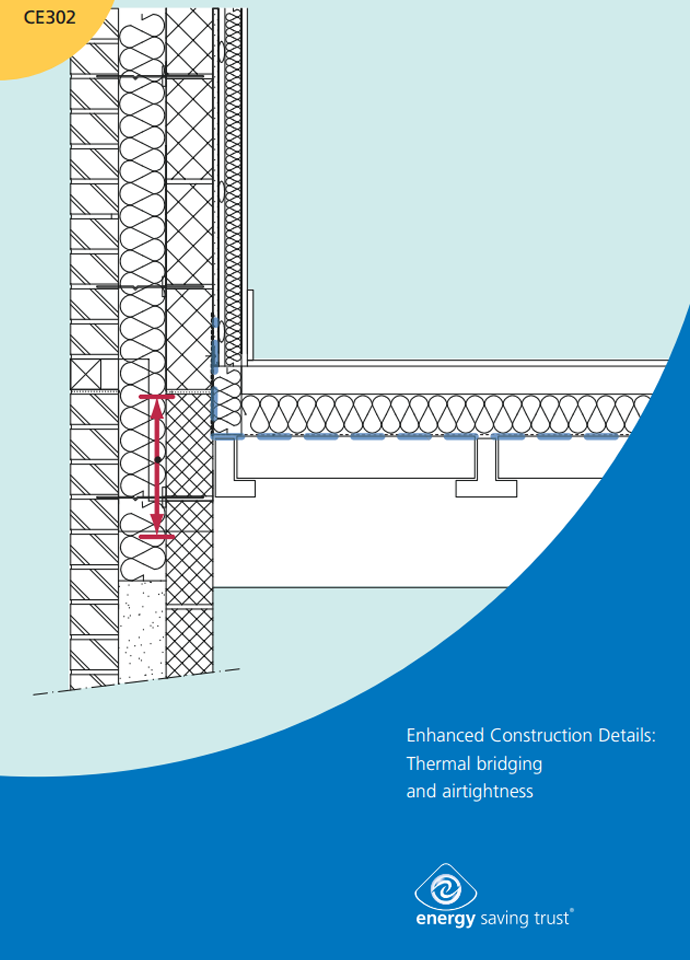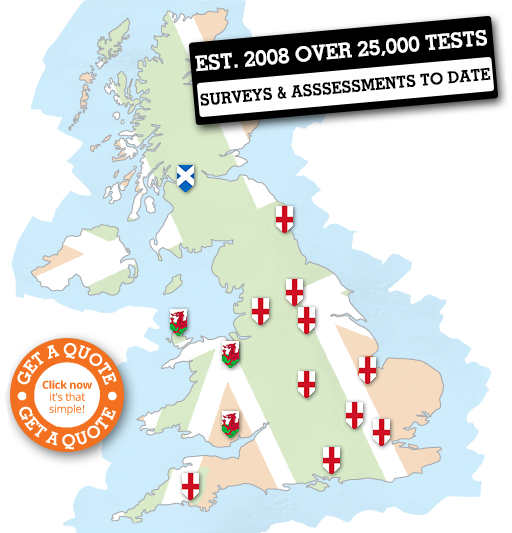Offices Nationwide

Sound Transmissions
Paths can be interrupted by insulation and blocking air paths. A material's insulation is governed by mass, stiffening and damping...more

How loud is too loud?
Noise above 85 dBA over time will cause hearing loss. In general, the louder the noise, the less time required before hearing loss...more
Thermal Bridging And Airtightness
Enhanced Construction Details

SAP Calculations is sometimes referred to as SAP Conversion Calculations, SAP Conversion rating, SAP Conversion Assessment, Part L1B Compliance, SAP Conversion Calcs, SAP Conversion Calc.
SAP Calculations Across the UK
How Is A SAP Assessment Undertaken?
A SAP is done off-site but requires plans and drawings of the site in order to be calculated. Amongst other things, the SAP assessor will determine how good the thermal elements are in the floors and walls and how well heat passes through these elements - this is known as a 'U' value. A high 'U' value represents a high amount of heat lost - this is used in the SAP calculation.
The SAP software will determine if a building complies with Building Regulations in the UK using the information provided by the SAP assessment. This crucial information relates to the type of dwelling, floors, walls, the roof, windows, doors, lighting, renewable technologies, 'U' values, hot water and ventilation.
Why Do I Need A SAP Calculation?
When changes are made to the heating, hot water provision or air conditioning/ventilation services, it is the responsibility of the builder to provide any On Construction EPCs upon completiong of a new home or conversion into fewer or more units.
Under Part L of Building Regulations in the UK, since 2006, any new dwellings or conversions need to have a SAP Calculation and Predicted EPC before any work can begin.
If you are selling a home before it has been built, you will need to provide information about energy efficiency in a Predicted Energy Assessment (PEA).
What Is A SAP Calculation?
A SAP calculation, the Government's Standard Assessment Procedure for Energy Ratings, is required to produce an On Construction EPC (Energy Performance Certificate) or a Predicted Energy Assessment (PEA).
The higher the SAP rating, the lower the cost will be to run the building. The score represents the cost of energy required by a property over the course of a year with a 100 score meaning there's no energy cost. To calculate the SAP, the assessor uses information relating to lighting, heating, hot water systems, renewable technolgies used and the elements of structure.
Copyright 2024 E2 Specialist Consultants Limited
Company No. 06728970






































